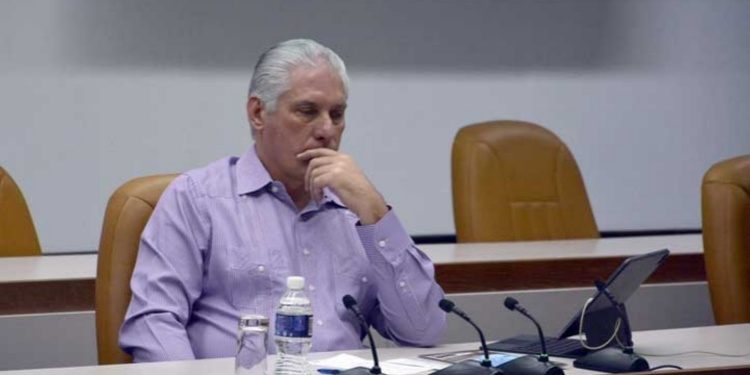(Anylú Hinojosa-Peña)
Judicial Reform
Estela Fuentes considers the Judicial Reform as an opportunity for the Judiciary to enter a new stage, closer to society and in which only people who have a vocation will be able to improve the image of this institution.
Do you believe in judicial reform?
Yes of course. I believe that all changes, all reforms are good, I have never seen that any change that occurs is bad, call it within society, within an institution, within the family, I believe that all changes are good . And what could be better than this constitutional reform, because we saw the irregularities that had been occurring primarily in the Federal Judicial Branch, which was the serious problem they had with nepotism, the serious problem they had with corruption issues, which despite the fact that they had A Judicial Council saw that there was a lot of impunity in relation to people or public servants who carried out this type of behavior.
So, well, here comes this reform that is published on September 15, 2024 and that I perfectly remember that even the then head of the Executive (López Obrador) made it public and well-known that the Judicial Branch was self-reforming and, well, it never they listened. Finally the reform takes place, which I believe is an excellent democratic exercise. Of course, We cannot say that it will not work because, well, I think that we should say that, see the results after the exercise that is going to be done after June 1.
At what point in the country did this Reform arrive?
Let us remember what was the clamor of the people who went to the polls in June 2024, for example the INEGI, which is one of the most renowned and most trusted institutions in our country, said that 65% of the people had distrust In the judicial system, I believe that all that clamor from society was one of the main points for the reform to take place. Why? Well, because I think the judges were not complying with something that is very important and that is of greater importance in the function we perform: the sensitivity that we must have towards people, serving people, knowing how to listen to people’s needs, knowing why they go to court, opening it to transparency, opening it to society, that society, that people know what we judges do, why we do it, what our function is, that is very important, a very fine point in this great constitutional reform.
Why was judicial reform necessary?
Let us not lose sight of the fact that every democratic state must be founded on two main axes: transparency and the fight against corruption. So, if we talk about transparency, then not only the people who are part of the trials should be aware of everything, but also society in general, so that we as players can regain that trust that at some point society had. in us.
At what point was that trust lost and was there a distancing between society and the Judiciary?
I believe that several of the very important points for this distancing to occur were precisely the lack of transparency, that it took us a long time to resolve the issues, that there was darkness in the resolution, that people were not allowed to speak with the judges and it is very complicated for them to receive the parties, since I believe that all of these were daily problems that made society lose confidence in the judges.
It is said that the Judiciary, the Supreme Court, is full of privileges. To what extent do you think these statements are true or false?
I, like any citizen, do not know the insides of the Court, we know the superficial issue of this great institution. And well, I believe that it is public what the salaries of the ministers are and what the concepts they have as benefits are, because they are public data.

















